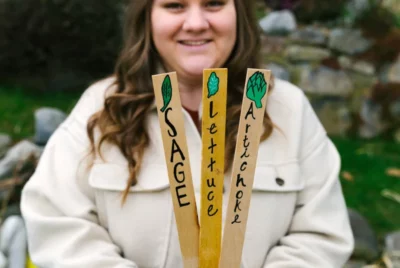RESEARCH
The Therapeutic Effect of Edible Horticultural Therapy on Extrapyramidal Symptoms in Patients with Schizophrenia
Summary
This research study examined the effects of edible horticultural therapy (EHT) on patients with schizophrenia who were experiencing side effects from their antipsychotic medications. The researchers had one group of patients participate in a 6-week program where they grew and harvested cucumbers, while a control group did not participate. They measured the patients’ psychiatric symptoms and medication side effects before and after the program.
The results showed that the patients who participated in the gardening program had improvements in their psychiatric symptoms and medication side effects compared to the control group. The gardening activities, which involved physical movements like planting, watering, and harvesting, seemed to help reduce the involuntary muscle movements that are a common side effect of antipsychotic drugs. The patients also reported feeling more satisfied with their lives after participating in the program.







